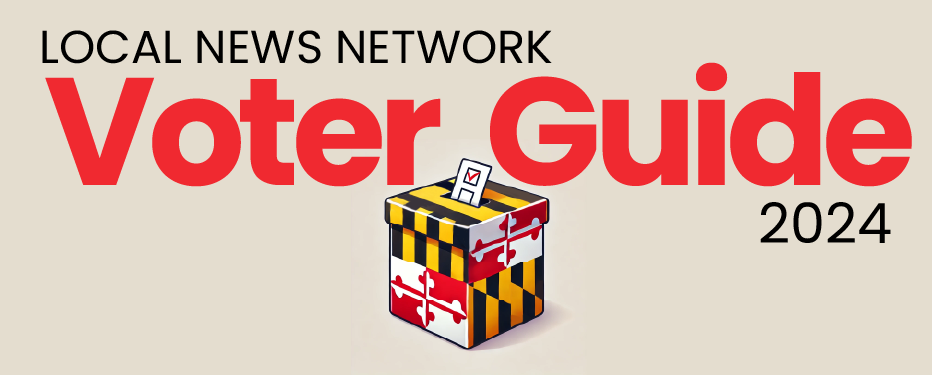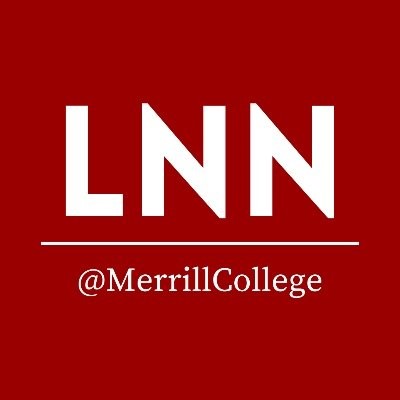Jon Michael Andes
Running for school board in Worcester County District 3
How old will you be on Election Day (Nov. 5)?
70
Are you currently employed? If so, where, and what is your job title?
Professor of practice at Salisbury University, teaching in the graduate education leadership department.
What is the highest level of education that you completed, and where did you get that degree?
Doctor of education, University of Maryland, College Park.
Why are you running for the school board?
My passion is to make sure that the next generation of young people is better than my generation and equipped to succeed in a world that we can only imagine. The success of our democracy is directly dependent upon the quality of public schools. Public schools are the economic engine of our community and state. Strong public schools provide an equitable opportunity for each student to excel in school and in life. By using my energy and experience, I am committed to helping our school system make a lasting difference in the students that we serve.
What makes you a good candidate for the board?
A great candidate for the Board of Education is a person who deeply cares about the community and truly understands the potential impact that a high quality public education can make on the lives of our young people. A great candidate is a person who matriculated through public schools and has experience in working as a professional or volunteer in public schools. A great candidate believes, embraces and values the contributions of each member of our public school family.
What is the most important issue facing your school board and what would you do about it if elected?
Public school systems are a people business. For our school system to be successful, we need the best and most talented people working in our school system. The most important issue facing our school system is the ability to hire and retain the best teachers, leaders and support staff. With a systemic teacher shortage, hiring and retaining staff to work in a rural community presents constant challenges. The quality of a public school system is the people. The people make the difference. The challenge is recruiting and hiring the best people.
Please name a public leader you admire and explain why.
The public leader that I admire the most is my father. My father was a Methodist minister who served rural churches in Pennsylvania. Regardless of the assignment, he worked tirelessly to make a difference in each community. From church suppers to providing counseling to Sunday service, he gave his all to raise people up and address their needs.
The Blueprint for Maryland’s Future, passed by the General Assembly in 2021, is a 10-year plan that includes increased education funding to support early childhood education, increased teacher starting pay, college/career-readiness standards for high school graduates, and expanded services to multilingual and impoverished families, among other goals. Please tell us your views on the Blueprint and how it will affect your school district.
I fully support the Blueprint pillars. However, without additional state funding, we will not be able to implement the Blueprint plan without making significant budget cuts to reallocate funds. As an example, to reach the $60,000 minimum salary, we will need to significantly increase class size and reduce materials of instruction. Due to the state funding formula, our school system will only receive an additional $4.33 per student per day in additional state aid to implement the nation’s most comprehensive public school enhancement plan. To implement the Blueprint, we will need additional state aid. In addition, instead of using the National Assessment of Educational Progress (NAEP), the state needs to use a different tool to measure student success. NAEP was never intended to provide a means to measure improvement over time.
Some school districts nationwide are placing new limits on the use of cellphones in middle and high schools. What do you think should be the policy on student use of cellphones in your district, and why do you support that policy?
Cellphones are both a needed form of communication and a classroom distraction. Currently, in our school system, each school creates a school-based policy on cellphone use. I support bringing together a workgroup of students, parents, and educators to study the topic and make a recommendation for a school system policy.
Are you satisfied with your school district's efforts to ensure the safety of its students? What, if anything, should be done to improve school safety in your district?
Our most important duty is to ensure the safety of our students, staff, and visitors. Our school system was one of the first in the state to have school resource officers. We work closely with our Sheriff's Office through a memorandum of understanding (MOU) to maintain safe schools. We need to continue to refine the MOU and provide structural changes to our school buildings and increase the use of technology (campus cameras, door alarms, etc...). We need to continue work with our law enforcement partners, enhance our summer safe schools retreat, and strengthen our proactive approach to preventing problems.
Do you think there are circumstances when books should be removed from school libraries? If so, what kind of books should be removed, and who should make those decisions?
We need to assure that we have appropriate procedures in place to select the right library books and resources to support our curriculum. Once books become a part of the collection, then parents need to have online access to the library book catalog, are invited to review the collection, and allowed to restrict access to any book(s) that their child should not be able to have access. Parents must be given full control over which book(s) their child can borrow from the school library.
Some school districts enact policies allowing transgender and gender nonconforming students to use their preferred pronouns while at the same time not informing those students' parents about that decision. What is your opinion of such policies?
Parents must be invited, engaged and involved in all aspects of public education. When a child seeks to use their preferred nonconforming pronouns, then the parents must be informed, and a parent conference held. The parents must determine which pronouns to be used and the school must follow the parental decision.


